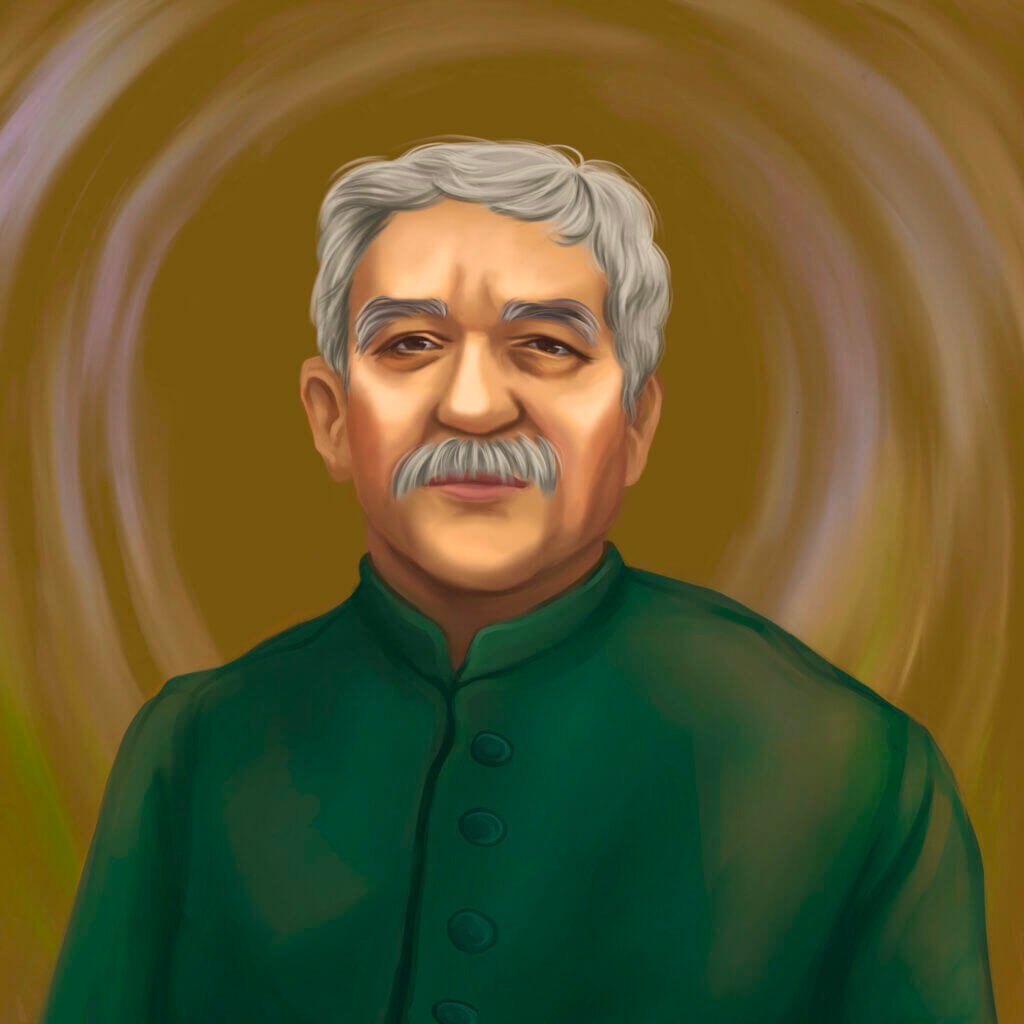Welcome to Facts Vibes! Dive into the fascinating world of Gabriel García Márquez with us. Uncover intriguing facts about this renowned Colombian author that will leave you amazed. From his literary masterpieces to his remarkable life, get ready to be captivated by the extraordinary legacy of García Márquez.
The Fascinating Life of Gabriel García Márquez
Gabriel García Márquez lived a fascinating life that was filled with extraordinary experiences and achievements. Born in Colombia, he became one of the most prominent Latin American writers of all time. His magical realism writing style set him apart from his contemporaries and allowed him to make a significant impact on the literary world. Throughout his life, García Márquez remained committed to using his talents to address important socio-political issues, earning him the Nobel Prize in Literature in 1982. His works, including “One Hundred Years of Solitude” and “Love in the Time of Cholera,” continue to captivate readers worldwide and cement his legacy as a literary icon.
Most popular facts
What awards did Gabriel García Márquez win during his lifetime?
Gabriel García Márquez won the Nobel Prize in Literature in 1982 for his novels and short stories.
What inspired Gabriel García Márquez to write “One Hundred Years of Solitude”?
Gabriel García Márquez was inspired to write “One Hundred Years of Solitude” by his experiences growing up in Colombia and the history and culture of Latin America.
What impact did Gabriel García Márquez have on Latin American literature?
Gabriel García Márquez had a profound impact on Latin American literature through his innovative use of magical realism and his influential novels, particularly “One Hundred Years of Solitude.” His work helped to elevate Latin American literature onto the global stage and inspired countless writers in the region.
What is the significance of magical realism in Gabriel García Márquez’s works?
The significance of magical realism in Gabriel García Márquez’s works lies in its unique blending of the fantastical and the real, which highlights the complexities of Latin American history and culture. This literary technique allows for a deeper exploration of the region’s societal issues and traditions within a framework that transcends conventional reality.
What was Gabriel García Márquez’s writing style and technique?
Gabriel García Márquez’s writing style and technique was characterized by magical realism, which mixed fantastical elements with realistic narratives to create a unique storytelling experience.
How did Gabriel García Márquez’s early life influence his literary work?
Gabriel García Márquez’s early life strongly influenced his literary work, as he drew inspiration from the colombian culture, history, and social issues he experienced during his childhood.
What were some of the major themes in Gabriel García Márquez’s novels?
Magical realism, love and passion, solitude and isolation, and political turmoil are some of the major themes in Gabriel García Márquez’s novels.
How did Gabriel García Márquez’s political views shape his writing?
Gabriel García Márquez’s political views strongly influenced his writing, as he often incorporated social and political themes into his work. His experiences living in Latin America during a time of political turmoil led him to explore the impact of power and corruption in his storytelling.
What are some lesser-known works by Gabriel García Márquez?
Certainly! Some lesser-known works by Gabriel García Márquez include “Eyes of a Blue Dog,” “In Evil Hour,” and “No One Writes to the Colonel.”
What are some interesting personal anecdotes about Gabriel García Márquez?
One interesting personal anecdote about Gabriel García Márquez is that he was a close friend of Fidel Castro and even served as Castro’s official biographer. Additionally, he was known for his love of storytelling and his fondness for magical realism.
In conclusion, exploring the intriguing facts about Gabriel García Márquez has offered a fascinating glimpse into the life and work of the renowned author. His unique storytelling style, cultural impact, and literary legacy continue to captivate readers worldwide, cementing his status as a significant figure in literary history.
